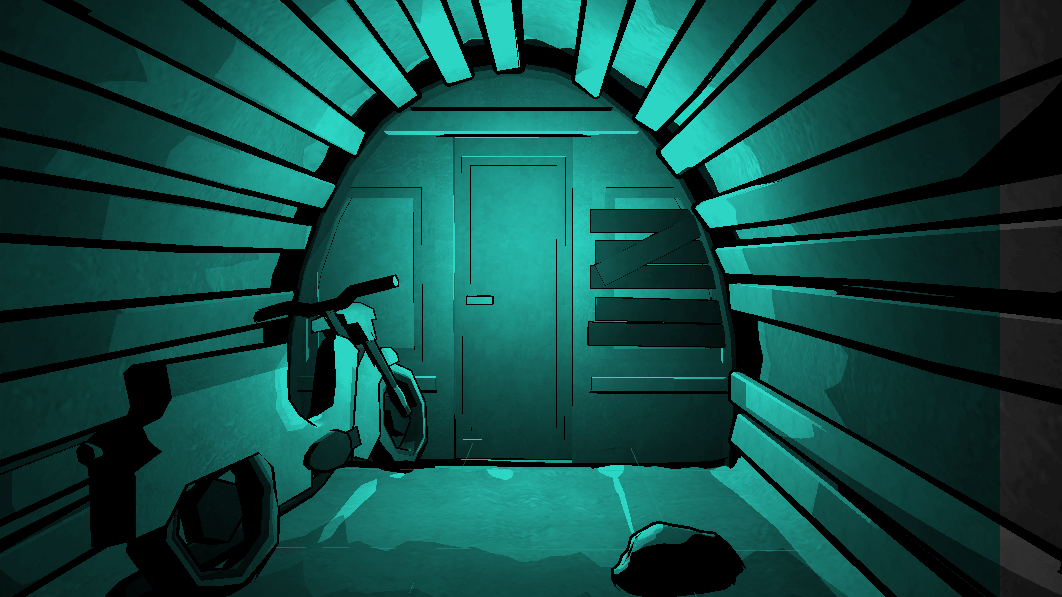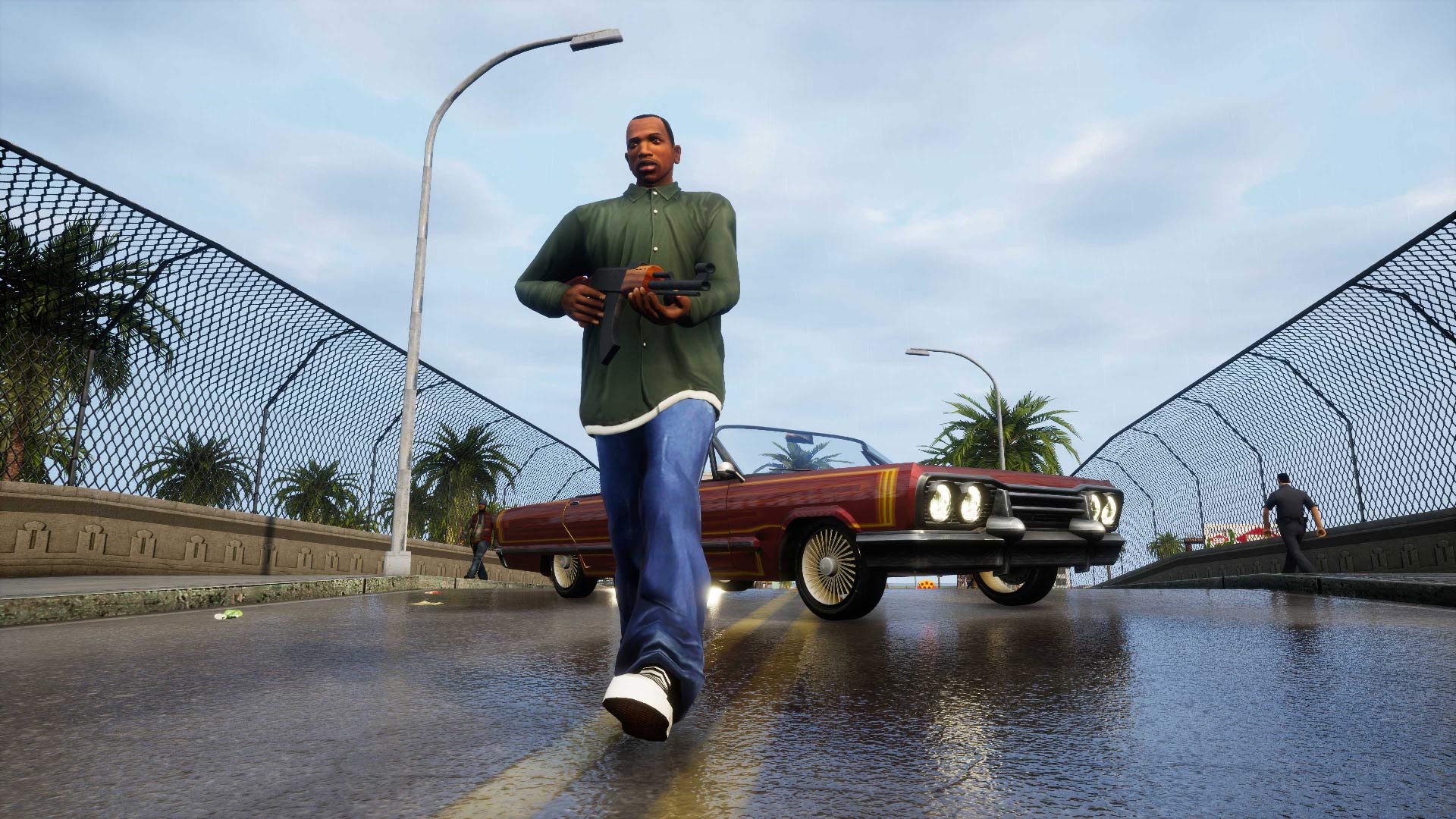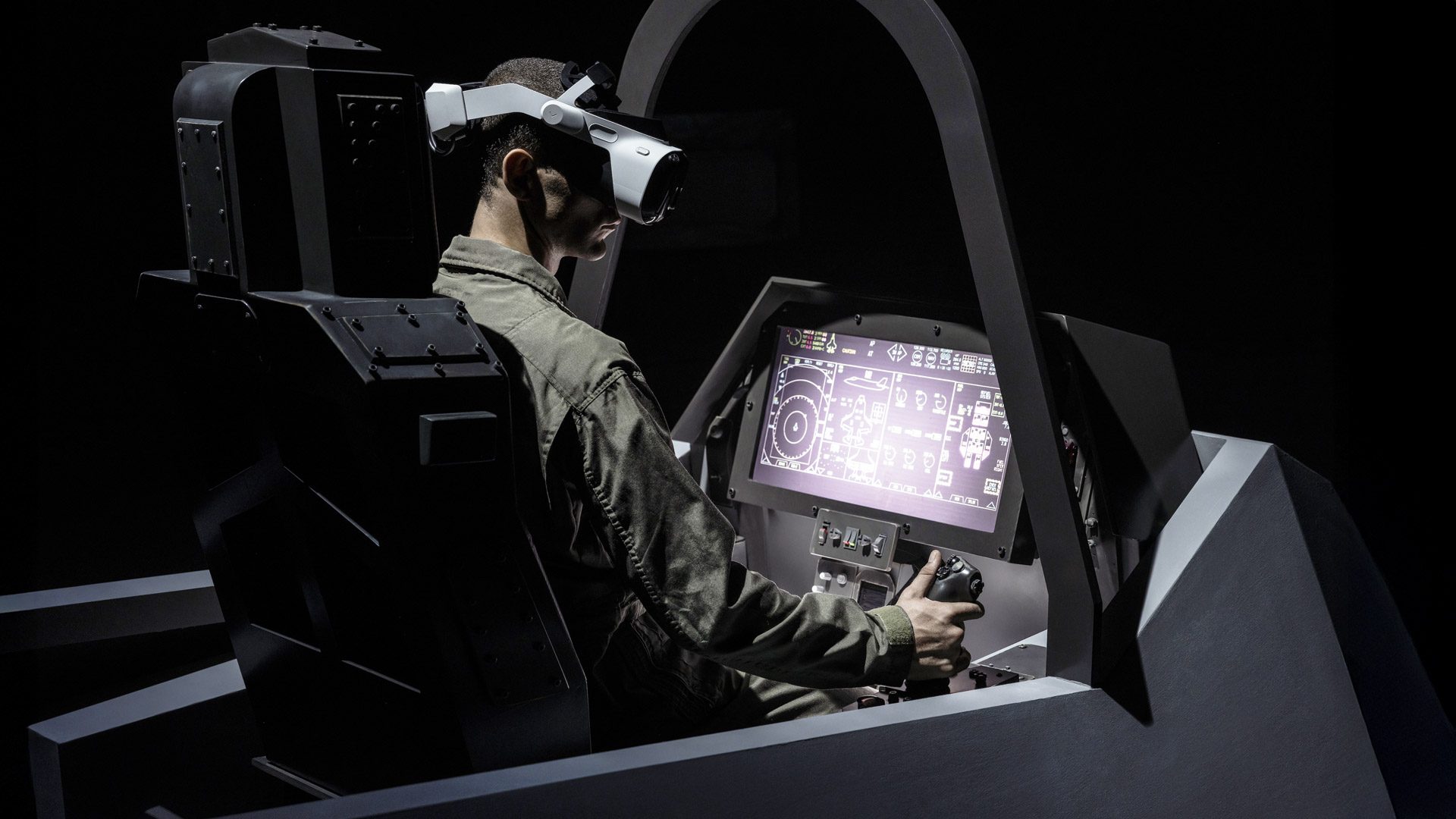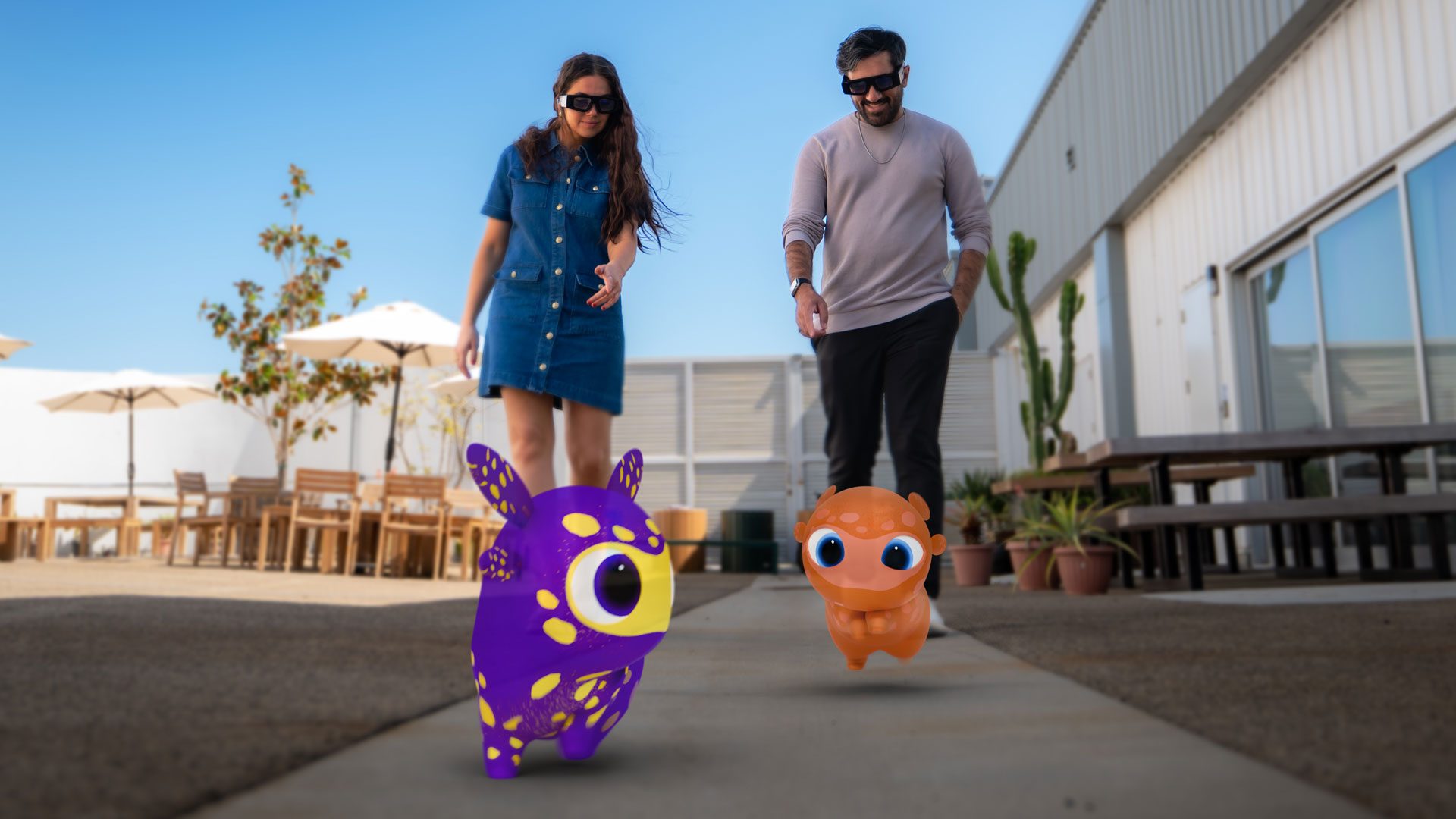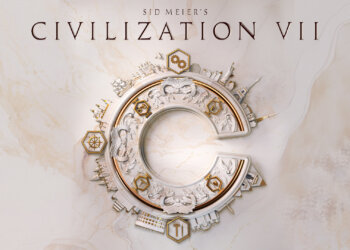Among the various studios that have emerged from what I fondly call the Disco Diaspora—a collection of four studios currently stepping up as potential successors to the acclaimed Disco Elysium—Longdue stands out as perhaps the most vocal in marketing its own entry into the scene.
Last October, Longdue first teased its new game, emphasizing that its team included members who worked on the original Disco Elysium and its sequel, which never saw the light of day. Fast forward to January, and the studio officially unveiled Hopetown, setting the stage for a crowdfunding campaign that launches today. Each announcement strategically highlighted the involvement of key figures from Disco Elysium, notably mentioning Piotr Sobolewski and, more recently, Martin Luiga.
In a recent chat with Sobolewski, who served as a technical lead, and Grant Roberts, Hopetown’s narrative director, I delved into the details of their team. Sobolewski, credited with ‘additional development’ on Disco while at The Knights of Unity, alongside Roberts, provided insights into the former Disco developers now contributing to Longdue’s efforts with Hopetown.
“We’ve seen many who contributed to Disco either pass through, stick around, or collaborate briefly before moving on,” Roberts shared. He explained that Martin Luiga, now part of Longdue, has ties to ZA/UM’s narrative team. “I don’t have everyone who worked on Disco’s narrative memorized, but it’s clear that a lot of the original creative minds have left ZA/UM to explore new ventures at different studios.”
Roberts reflected on the buzz surrounding these ex-Disco talents and expressed a preference to focus more on their projects and less on the intricacies of the “weird Disco Diaspora” dynamic. He acknowledged that some past contributors prefer to remain unnamed due to the passionate, and sometimes toxic, discourse prevalent online. As Roberts put it, “Many who played a significant role in Disco’s development now choose to stay under the radar to avoid the controversy swirling around the franchise.”
With Hopetown, Longdue isn’t trying to replicate past successes but is instead assembling a fresh narrative team. As Sobolewski notes, crafting something extraordinary doesn’t necessarily hinge on a pedigree tied to Disco Elysium. “There were incredible games before it, and as much as what ZA/UM achieved was remarkable, we’re not claiming to capture that same lightning in a bottle.”
Roberts further commented on their intent to push boundaries in the genre, acknowledging that Disco Elysium set a new framework for narrative-driven games. Meanwhile, Sobolewski had previously caused a stir by listing his role in Disco on LinkedIn as a “co-creator,” a claim he clarified during our chat. He emphasized his credit in Disco’s development and his role in leading The Knights of Unity, which played a crucial part in bringing the game to completion, although he wasn’t directly involved at ZA/UM.
“The Knights of Unity were pivotal during a challenging phase,” Sobolewski explained. “While I might have inspired elements that made it into the game, my main contribution was through our team’s development efforts, which I proudly stand by.”
Ultimately, Roberts encourages enthusiasts and skeptics alike to judge Longdue by the quality of Hopetown rather than its marketing riffs or the studio’s ties to Disco Elysium. “We’re focused on delivering a title we’re proud of, crafted by a team rich in diverse experiences and backgrounds. Our goal is to create something that complements the legacy of Disco in this evolving era it helped usher in.”
Longdue’s Kickstarter campaign for Hopetown officially begins today, March 17th.































